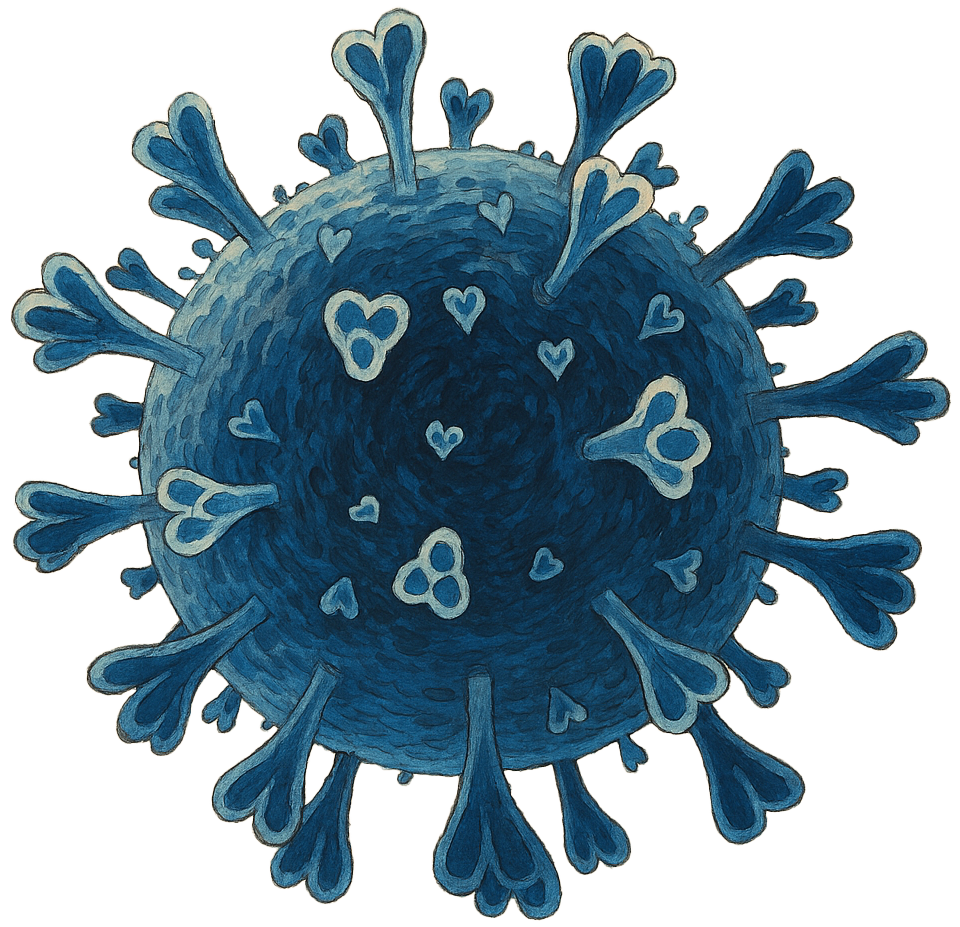Enisamium for COVID-19

COVID-19 involves the interplay of over 100 viral and host proteins and factors providing many therapeutic targets.
Scientists have proposed over 9,000 potential treatments.
c19early.org analyzes
130+ treatments.
, RNA polymerase inhibitor enisamium for treatment of moderate COVID-19 patients: a randomized, placebo-controlled, multicenter, double-blind phase 3 clinical trial, medRxiv, doi:10.1101/2022.08.21.22279036
Background Enisamium (trade name Amizon MAX) is an orally available therapeutic that inhibits influenza A virus and SARS-CoV-2 replication and improves influenza patient recovery. We aimed to evaluate the clinical efficacy of enisamium treatment combined with standard care compared to standard care plus treatment with a placebo control in adult, hospitalized patients with moderate COVID-19 requiring external oxygen. This trial was registered with ClinicalTrials.gov under NCT04682873. Methods The study was a phase three, multi-center, double-blind, randomized, placebo-controlled trial conducted in 14 clinical centers. Hospitalized patients aged ≥18 years with laboratory-confirmed SARS-CoV-2 infection were eligible. Patients were randomly assigned to receive either enisamium (500 mg per dose, 4 times a day) or a placebo. The treatment lasted ≤7 days in case of early discharge from the hospital, or loss of the patient's ability to swallow due to the need for ventilation. All patients received standard of care as deemed necessary by the investigator and the health status of each patient. All patients received standard of care as deemed necessary by the investigator and each patient's health status. The primary outcome was an improvement of at least two points on an 8-point, modified WHO severity rating (SR) scale within 29 days of randomization. The primary and safety outcomes were analyzed in accordance to the intention-to-treat (ITT) principle. Findings A total of 592 patients were enrolled and randomized between May 2020 and March 2021. Only patients with a baseline SR of 4 (285 subjects or 48.1%) were included in the ITT analysis. Patients with a baseline SR of 5 were excluded as the interim analysis did not show relevant differences between the enisamium group and placebo in this sub-group. The patients with a baseline SR of 4 were divided into two groups: 142 (49.8%) were assigned to the enisamium group and 143 (50.2%) to the placebo group. No differences were observed between the safety or patient tolerability profiles of the enisamium and placebo treatment. Analysis of the ITT population showed that if patients were treated within 4 days of the onset of COVID-19 symptoms, the median time to improvement was 8 for the enisamium group and 13 days for the placebo group (p = 0.0051). For patients treated within 7 days of the onset of COVID-19 symptoms, the median time to improvement was 10 days for the enisamium group and 11 days for the placebo group (p = 0.0035). Comparison of groups using a stratified one-sided Logrank criterion (adjustment using stratification by age categories: "<40 years", "40-<65 years" and "≥65 years") showed statistically significant differences between the groups (p = 0.00945, one-sided). Interpretation Enisamium is safe to use in COVID-19 patients. In COVID-19 patients that did not require supplementary oxygen (SR = 5), standard treatment was sufficient to aid recovery and enisamium did not offer significant..
, Small molecules in the treatment of COVID-19, Signal Transduction and Targeted Therapy, doi:10.1038/s41392-022-01249-8
AbstractThe outbreak of COVID-19 has become a global crisis, and brought severe disruptions to societies and economies. Until now, effective therapeutics against COVID-19 are in high demand. Along with our improved understanding of the structure, function, and pathogenic process of SARS-CoV-2, many small molecules with potential anti-COVID-19 effects have been developed. So far, several antiviral strategies were explored. Besides directly inhibition of viral proteins such as RdRp and Mpro, interference of host enzymes including ACE2 and proteases, and blocking relevant immunoregulatory pathways represented by JAK/STAT, BTK, NF-κB, and NLRP3 pathways, are regarded feasible in drug development. The development of small molecules to treat COVID-19 has been achieved by several strategies, including computer-aided lead compound design and screening, natural product discovery, drug repurposing, and combination therapy. Several small molecules representative by remdesivir and paxlovid have been proved or authorized emergency use in many countries. And many candidates have entered clinical-trial stage. Nevertheless, due to the epidemiological features and variability issues of SARS-CoV-2, it is necessary to continue exploring novel strategies against COVID-19. This review discusses the current findings in the development of small molecules for COVID-19 treatment. Moreover, their detailed mechanism of action, chemical structures, and preclinical and clinical efficacies are discussed.
Please send us corrections, updates, or comments.
c19early involves the extraction of 100,000+ datapoints from
thousands of papers. Community updates
help ensure high accuracy.
Treatments and other interventions are complementary.
All practical, effective, and safe
means should be used based on risk/benefit analysis.
No treatment or intervention is 100% available and effective for all current
and future variants.
We do not provide medical advice. Before taking any medication,
consult a qualified physician who can provide personalized advice and details
of risks and benefits based on your medical history and situation. IMA and WCH
provide treatment protocols.
Thanks for your feedback! Please search before submitting papers and note
that studies are listed under the date they were first available, which may be
the date of an earlier preprint.
